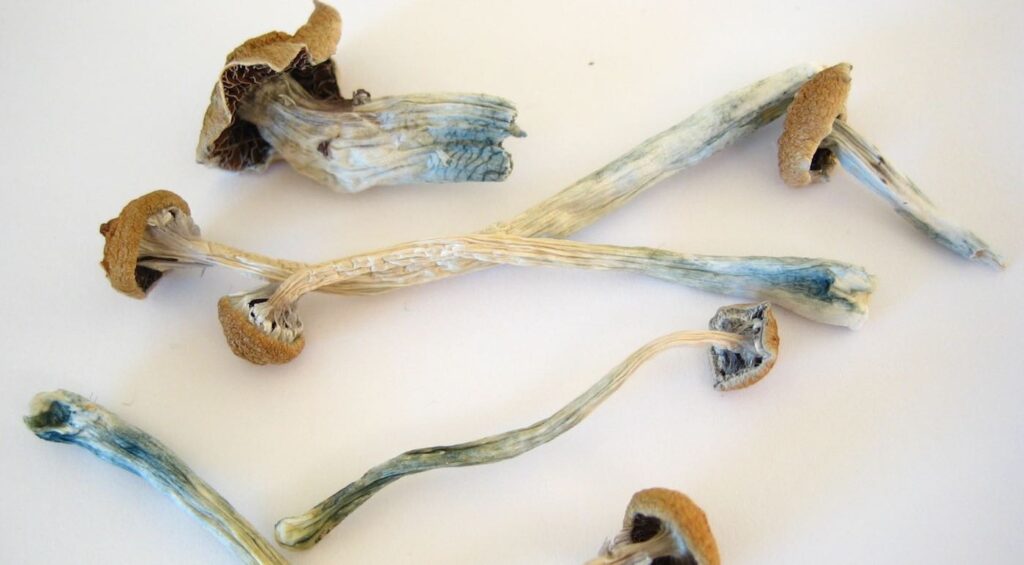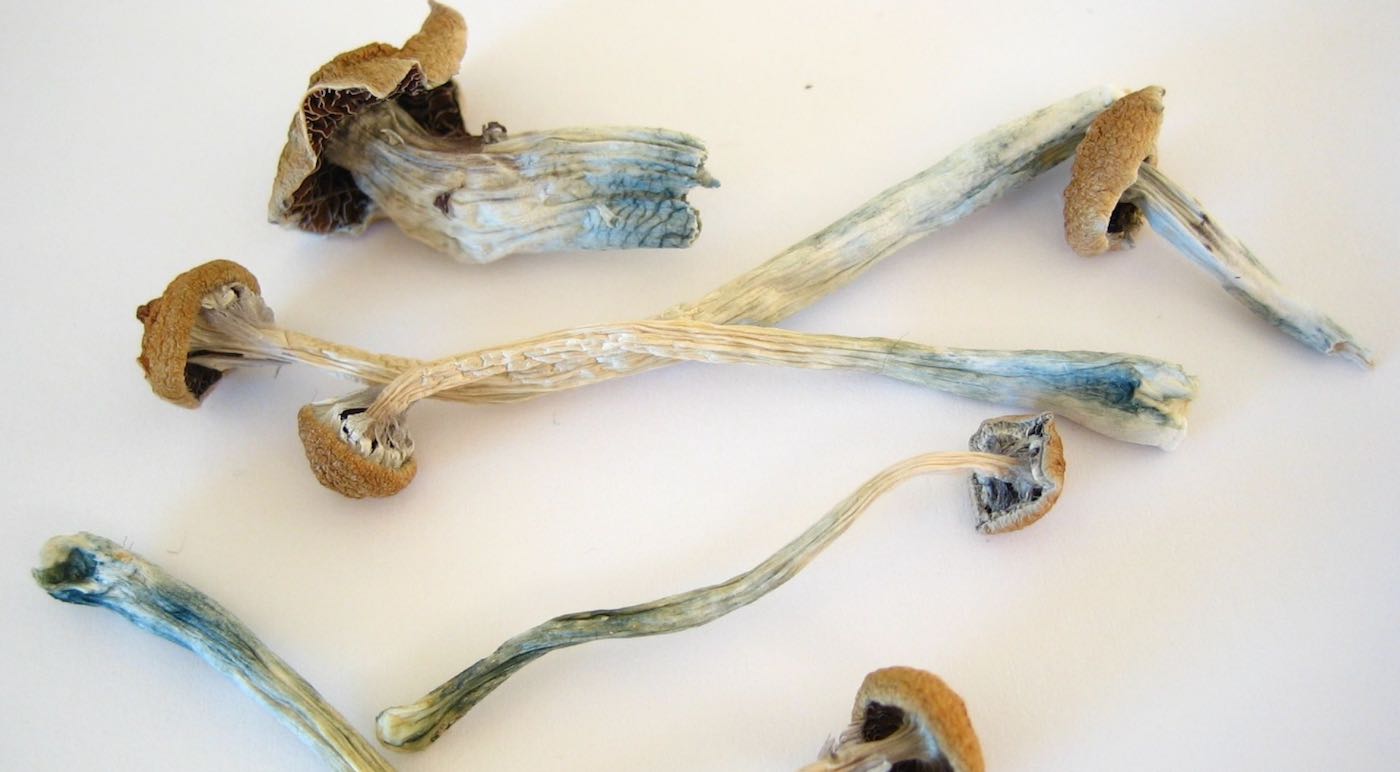Reprinted with permission from World At Large, a news website of nature, science, health, politics, and travel.
In another study on the use of psychedelic compounds as medicine, two doses of psilocybin—the compound that gives “magic mushrooms” their magic—was found to significantly reduce major depressive symptoms in adults when it was combined with assisted psychotherapy.
24 adults were included in the small study that consisted of two five-hour psilocybin therapy sessions and 24 weeks of follow up—and the results seemed to shock researchers at the Center for Psychedelic and Consciousness Research (CPCR) at Johns Hopkins School of Medicine.
“The magnitude of the effect we saw was about four times larger than what clinical trials have shown for traditional antidepressants on the market,” says Alan Davis, Ph.D., professor of psychiatry and behavioral sciences.
According to data from the U.S. Centers For Disease Control (CDC), tens of millions of adults have at some point in their life suffered from chronic anxiety disorder. One in 6 will have depressive symptoms during some period in their life.
In this new trial, the researchers looked to see if psilocybin (which has already granted ‘Breakthrough Status’ as a therapy for untreatable depression) could be effective enough to be utilized as treatment for standard depressive disorders.

Rather than targeting “reactive” types of anxiety or depression—those resulting from traumatic experiences—his team was urged by public health officials to explore psilocybin’s effects in the broader population for those with long-term, persistent, and less-defined major depressive disorders, because of the greater potential impact on public health.
Depression into Remission
“Because there are several types of major depressive disorders that may result in variation in how people respond to treatment, I was surprised that most of our study participants found the psilocybin treatment to be effective,” says Roland Griffiths Ph.D., Director of the CPCR, and a pioneer of psychedelic treatment research who published his results this week in JAMA Psychiatry.
In the clinical trial, of the group of 24 participants, 67% showed a more than 50% reduction in depression symptoms at the one-week follow-up and 71% at the four-week follow-up. Overall, four weeks post-treatment, 54% of participants were considered in remission, meaning they no longer qualified as being depressed.
The researchers say they will follow the participants for a year after the study to see how long the antidepressant effects of the psilocybin treatment remain, and will report their findings in a later publication.
“Because most other depression treatments take weeks or months to work and may have undesirable effects, this could be a game changer if these findings hold up in future ‘gold-standard’ placebo-controlled clinical trials,” says Davis.
Becoming more mainstream
Having worked at Johns Hopkins since 2003, Roland Griffiths’ psychedelic experiments were first viewed with skepticism, but under his leadership the CPCR has now completed many trials and studies of psychedelic compounds, such as:
- MDMA-assisted psychotherapy for war veterans suffering from PTSD
- A survey of 2,500 reported DMT users regarding improvement in life satisfaction
- Using psilocybin in place of a common SSRI antidepressant prescription for people experiencing life-threatening cancer diagnoses
His work has resulted in the U.S. Food and Drug Administration bestowing ‘Breakthrough Therapy’ designations to other compounds like a chemical variant of ketamine, which was approved in a nasal spray form used to treat depression in veterans in Virginia.
MDMA also won ‘Breakthrough Therapy’ status from the FDA in 2017, after research proved its “astonishing” success in sending PTSD into remission.
Meanwhile, its status as an illegal drug is changing. On Tuesday, voters in the state of Oregon passed a first-of-its-kind measure to formally legalize access to psilocybin mushrooms for therapy, with the state establishing and regulating a program whereby adults can obtain and use them. And, voters in Washington D.C. approved a measure that will effectively decriminalize “magic mushrooms” and other organic psychedelic drugs.
SEND This Research Tripping Over to Friends By Sharing on Social Media…
MORE: Can Mild ‘Depression’ Be Good For You? An Enlightened Look at the ‘Epidemic’




















